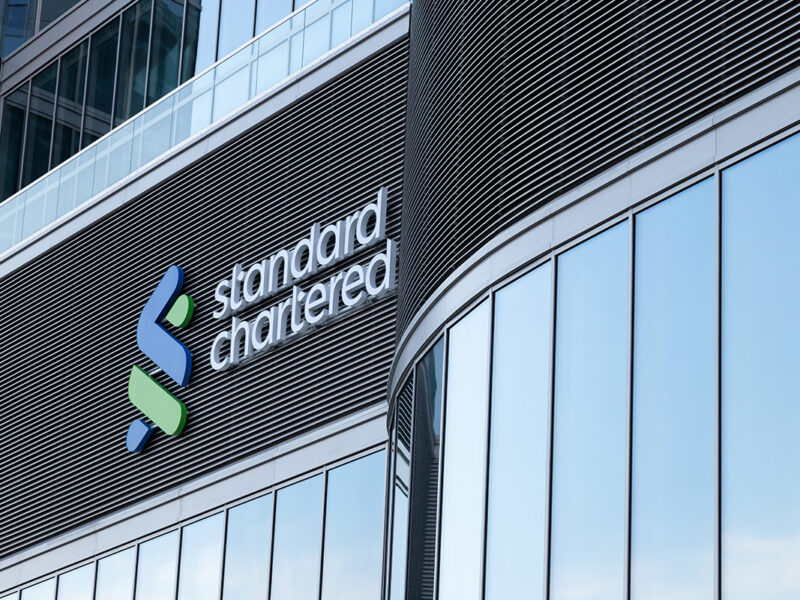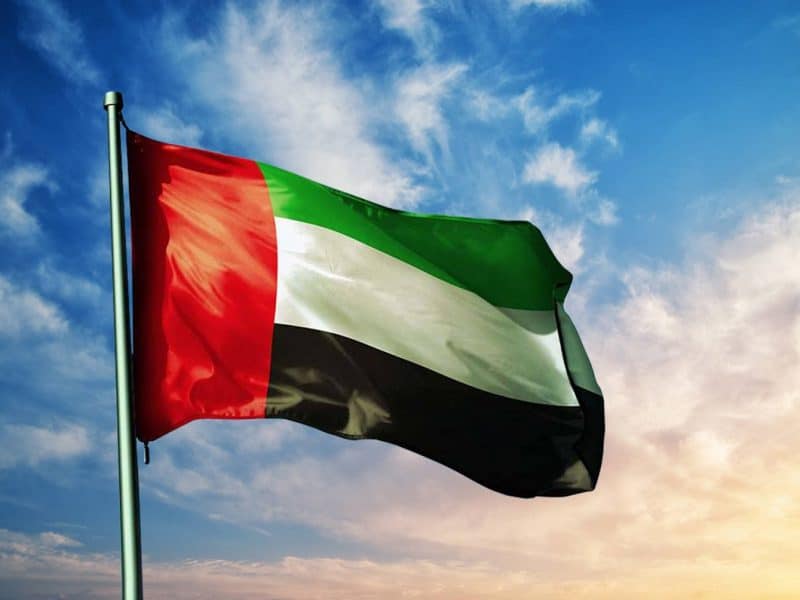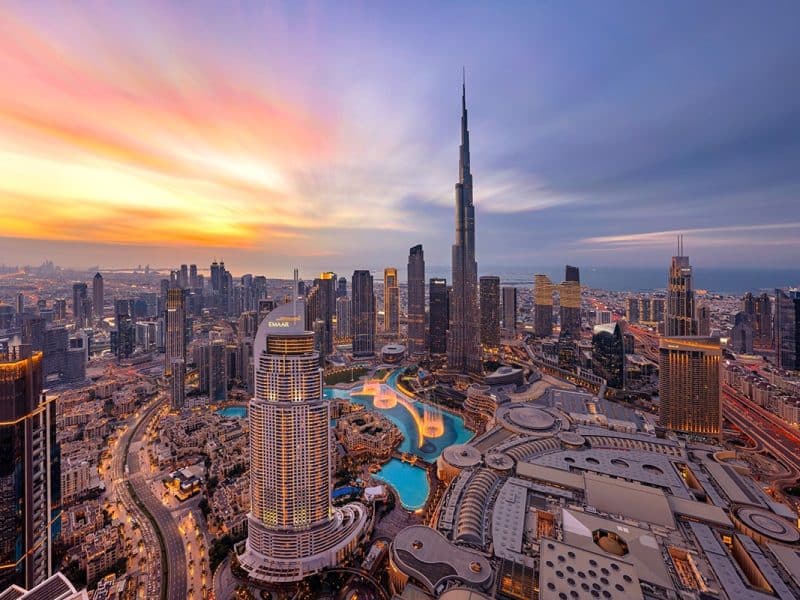The venture capital (VC) space in the Middle East has grown drastically over the past year, with MENA start-ups attracting more than $1.2 billion in funding in H1 2021, a 64 percent year-on-year growth, according to MAGNiTT.
And experts have revealed they only expect this to increase further as the appetite for investing in the region’s start-up scene continues to gather pace.
“This year has been a lot heavier across the board in terms of exits, especially in Saudi Arabia. It has showed that we can create some really technology-driven MENA leaders,” shared Rabih Khoury, managing partner & chief exit officer of MEVP, at the 2021 AIM Summit.
“I’m sure we’re also benefiting from the rotation of capital from China coming to our shores, but it seems that this is finally going to be the year of technology investments in the Middle East,” he added.
Sharing his optimism for the growth of the Saudi VC space, Essam Albakr, CEO of Ejada Capital said: “Based on recent numbers, we’re talking about a 65 percent increase in funding in the first half of the year. I think Saudi is genuinely raising the standards for the VC market, which will naturally spill over regionally, and the government is doubling down on their investments.”
Saudi Arabia, the Arab world’s largest economy, jumped from third to second place in the region’s venture capital market, according to the latest Venture Capital Investment Report by MAGNiTT.
The value of capital raised in the kingdom for the first half (H1) of 2021 accounted for 14 percent of MENA venture capital funding. However, Albakr believes that there are still crucial gaps to be filled in this market.
“There are problems in terms of deal flow – we’re talking about too much demand, but the supply is very much scarce,” he said.
 Essam Albakr, CEO of Ejada Capital.
Essam Albakr, CEO of Ejada Capital.
The difference in deals between the UAE and Saudi Arabia went from 41 deals in 2020 as a whole, to just 11 deals in the first half of 2021, closing the gap between the top three markets.
However, Albakr cited the lack of ‘disruptive innovation’ in the region as a reason for Saudi’s deal flow issue, in which he said: “We’re plagued by a copycat system…. we’re not talking about disruptive technology here.
“The Ministry of Investment has been coming up with entrepreneurial devices, start-up programs, and attracting a lot of expats to sell and scale in Saudi, but this is the market that we see.
“The market is nascent, but there are a lot of gaps that still need to be filled. However, we see a very proactive government that is really trying to tackle every area of the market, so that we can progress to a mature one.”
Too often the Middle East has been accused of a lack of innovation, with the majority of start-ups replicating ideas or business models seen elsewhere. However, Khoury argues that this is a natural part of the region’s start-up market’s development.
“When we look at China and India, they all started by copying local markets and solving certain technology pain points in their markets. Initially, innovation was not about the idea but on how you deliver the service,” he added.
 Rabih Khoury, managing partner & chief exit officer of MEVP.
Rabih Khoury, managing partner & chief exit officer of MEVP.
Supporting the ecosystem
Providing support along the entire start-up cycle is crucial for the ecosystem’s overall advancement, according to Albakr.
“If you look at the way that the economy is traditionally structured, it is very risk averse. When considering investments, there was traditional real estate and public equities – VCs were never part of the allocation, at least not until last year.”
“For us, as fund managers and investment managers, it is our job to really educate and help most of the investment families to really look at this as the future for the market,” he added.
“Considering the issues with deal flows is really tapping into and understanding the reality of the market – the right supportive environment needs to be developed.”
On the growth of the Saudi and UAE markets, Khoury said: “There is a lot of opportunity – the market is getting much more institutional.”
“Our market is one of the last great emerging markets. We are a very modern emerging market, but we emerge a bit late because our legacy services and our governments were actually pretty old.”
“There are important issues that still need to be solved – as we improve local spirits, we’ll have much more talent emerge from the region that will need our support to grow,” he added.








